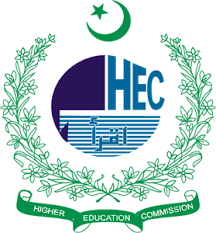The Islamic Concept of Justice and Its Role in Establishing Social Peace: A Contextual Analysis for Pakistan
Keywords:
Islamic Justice, Social Peace, ‘Adl, Pakistan, Sharia, Governance, Equity, Human RightsAbstract
Justice occupies a central and foundational position in the Islamic worldview, functioning not merely as a legal principle but as a comprehensive ethical, social, and spiritual imperative. Rooted in divine revelation and prophetic tradition, Islamic justice (‘adl) encompasses fairness, equity, balance, and the protection of rights for all members of society. In the contemporary context of Pakistan—a nation grappling with multifaceted challenges including economic disparity, institutional inefficiencies, and social fragmentation—the Islamic framework of justice offers a potent, indigenous paradigm for fostering social peace and national cohesion. This article explores the theological and jurisprudential foundations of justice in Islam, examines its historical manifestations in early Muslim societies, and critically analyzes its relevance and applicability to Pakistan’s socio-political landscape. By integrating classical Islamic thought with contemporary governance challenges, the study argues that a sincere and systematic implementation of Islamic justice can serve as a catalyst for sustainable peace, equitable development, and moral regeneration in Pakistan. The article concludes with policy-oriented recommendations grounded in Islamic ethical principles, emphasizing institutional reform, educational transformation, and community-based justice mechanisms.









